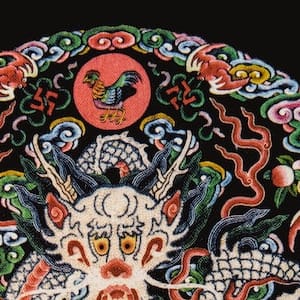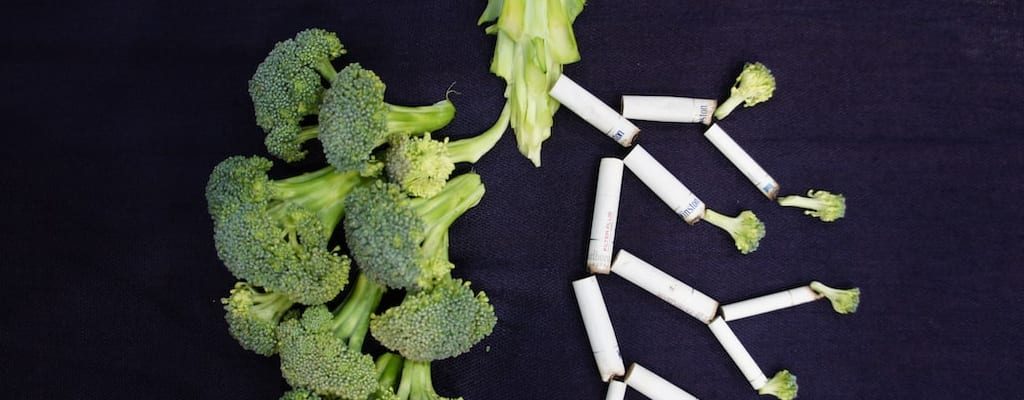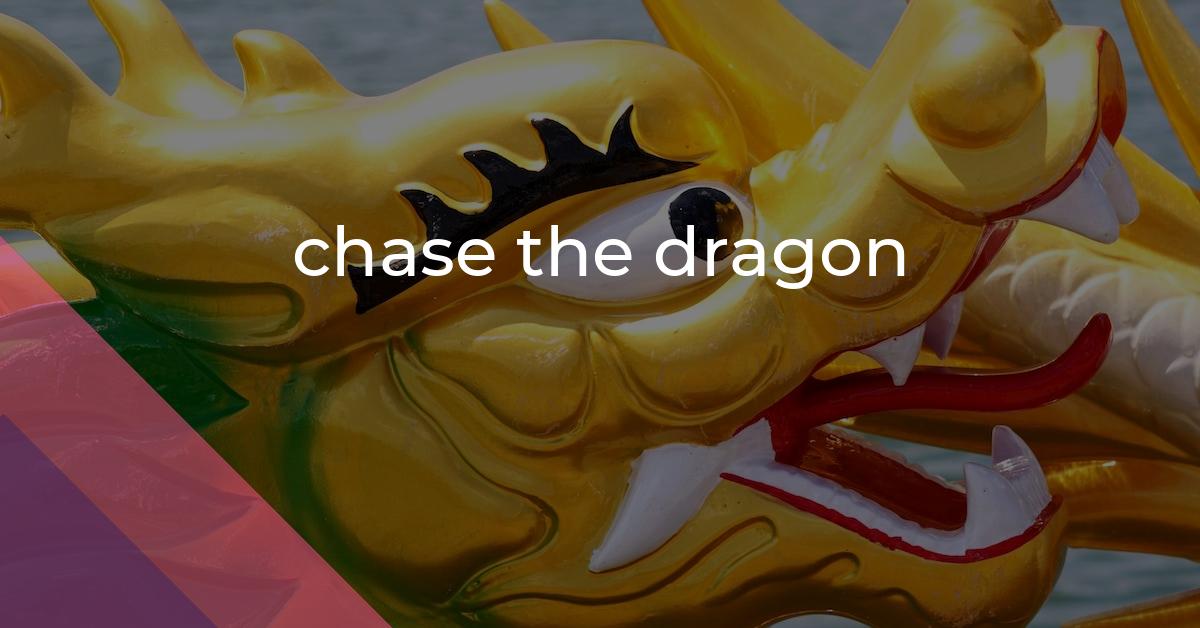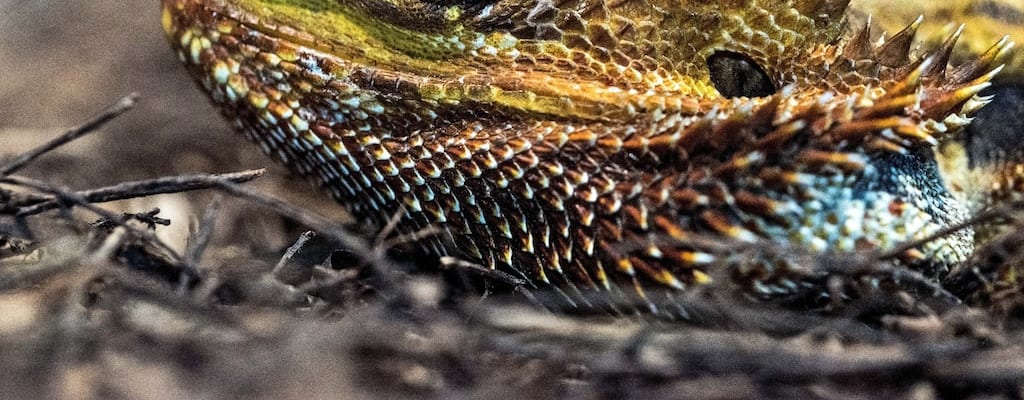chase the dragon: Idiom Meaning and Origin
What does ‘chase the dragon’ mean?
The idiom "chase the dragon" refers to the act of continuously pursuing a high or pleasurable sensation, typically by engaging in a harmful or addictive activity such as drug use. This idiom conveys the cycle of seeking and never fully satisfying one's craving for the initial rush, often resulting in negative consequences.

Idiom Explorer
The idiom *tickle the dragon's tail* means to engage in a dangerous or risky activity, often provoking or challenging someone or something powerful and potentially causing serious consequences.
The idiom "give chase" means to pursue someone or something in order to catch or capture them.
The idiom "drag one's feet" means to delay or procrastinate, often due to a lack of enthusiasm or motivation. It suggests a reluctance to take action or move forward with a task or decision.
The idiom "drag on" means to continue or last longer than desired or expected, often resulting in boredom, frustration, or exhaustion.
The idiom "dog that caught the car" refers to someone who has achieved a goal but is uncertain about what to do next or ill-prepared to handle the situation. It emphasizes the feeling of being overwhelmed or unprepared for the consequences of one's actions.
The idiom "do drugs" refers to the act of using illegal substances, typically for recreational purposes. It implies engaging in drug abuse or addiction, often with negative consequences for one's health, relationships, and overall well-being.
The idiom "dance with the devil" means to engage in a dangerous or risky activity or to associate with a person who is harmful or immoral.
The Seductive Pursuit
Chase the dragon is an idiom that originated in the late 1960s, primarily in the context of drug culture. It refers to inhaling or smoking drugs, specifically opium or heroin. The act involves heating a small amount of the substance on a piece of foil and chasing the fumes with a straw or tube. This idiom has a negative connotation, reflecting the dangerous and addictive nature of drug abuse.
The idiom "chase the dragon" is believed to have originated from Chinese culture, where the dragon is a symbol of power and prosperity. In Chinese mythology, those who chase the dragon are said to be forever doomed to pursue an unattainable goal, similar to a dragon that cannot be caught. When the phrase entered Western vernacular, its meaning took on a darker tone, as it became associated with the destructive pursuit of the addictive high provided by drugs.
One of the most notable pop culture references to the idiom "chase the dragon" can be found in the 1971 song "The Needle and the Damage Done" by Neil Young. The lyrics of the song depict the harrowing effects of drug abuse and directly address the destructive and relentless nature of addiction. This song, along with other media references, has contributed to the idiom's association with drug abuse and its negative consequences.
The usage of "chase the dragon" has become more widespread over the years, permeating different areas of society. It is often used to warn individuals about the dangers of drug abuse and to highlight the struggle of addiction. The phrase serves as a reminder of the allure and allurements of drugs, urging individuals to avoid the downward spiral associated with chasing the dragon.
Although "chase the dragon" remains predominantly associated with drug culture, it has also started to be used metaphorically in non-drug-related contexts. In a broader sense, the expression can be employed to describe the pursuit of an unattainable goal, regardless of its nature. It emphasizes the futility of striving for something that is elusive or ultimately detrimental.
"tickle the dragon's tail" is a related idiom that shares a similar imagery with "chase the dragon." It refers to engaging in risky or daring behavior that can have negative consequences. Just as chasing the dragon is dangerous and addictive, tickling the dragon's tail implies a sense of danger and potential harm. It serves as a cautionary expression, warning individuals about the risks involved in pushing the boundaries and tempting fate.
Another related idiom is "chase after," which also conveys the idea of pursuing something relentlessly. However, unlike "chase the dragon," "chase after" does not carry the negative connotation associated with drug abuse. Instead, it denotes the act of pursuing a goal or desire with determination and persistence. It suggests a level of ambition and dedication to achieving one's objectives.
Similarly, "chase one's tail" is yet another related idiom that implies a sense of futility and unproductiveness. It refers to a situation where one is engaged in endless or repetitive actions that lead nowhere. This expression often indicates a sense of frustration and the need to break free from unproductive cycles. Just as chasing the dragon can be a fruitless pursuit, chasing one's tail can also be seen as a metaphorical representation of pointless or aimless endeavors.
The idiom "chase the dragon" originated in the late 1960s in the context of drug culture and refers to inhaling or smoking drugs, particularly opium or heroin. It reflects the dangerous and addictive nature of drug abuse. The phrase is believed to have originated from Chinese mythology, where the dragon symbolizes an unattainable goal. Over time, it has been used metaphorically in non-drug-related contexts to describe the pursuit of unattainable goals. Additionally, related idioms such as "tickling the dragon's tail," "chasing after," and "chasing one's tail" further expand on the themes of risk, determination, and futility.
Example usage
Examples of how the idiom "chase the dragon" can be used in a sentence:
- He fell into a dangerous habit of chasing the dragon, using drugs to escape reality.
- After losing his job, he turned to gambling as a way to chase the dragon of financial stability.
- She realized that chasing the dragon of perfectionism was leading to burnout and decided to prioritize self-care instead.
More "Addictions" idioms
We missed the mark - nothing found.



